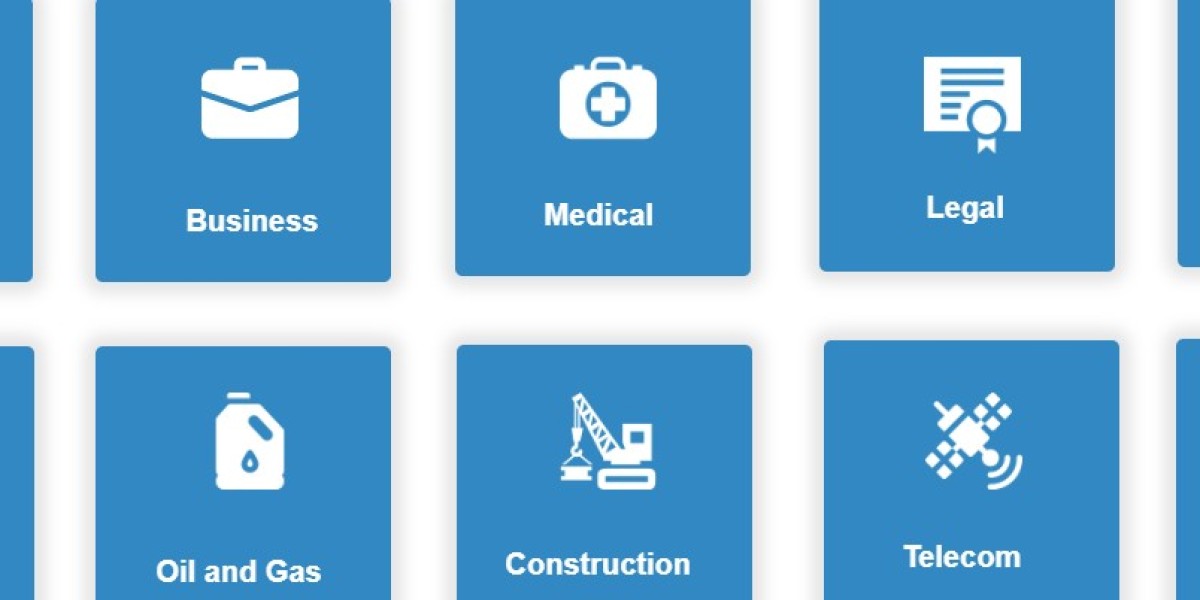Your heart is a muscular fist-sized organ in your body that is responsible for pumping oxygenated blood as well as nutrients to all body cells. This is necessary for optimal functioning of the body and keeps us alive. It is crucial as it gives you life. If your heart were to stop one day, you would cease to exist. Therefore, it is necessary to maintain adequate cardiac health in order to live a long healthy life.
Millions of people suffer from cardiovascular diseases worldwide. Unfortunately, most people are still not aware of common terminologies that one must know so they do not panic when they hear some of them from a medical professional. Also, common knowledge related to heart disorders is necessary in order to make sure that you take the necessary steps to prevent those from happening.
As knowledge is power, it will help you better understand what is happening inside your body for you to combat any negative effects and make sure you adopt positive habits at the same time. The best cardiologist in Lahore listed some common terminologies for you to enhance your knowledge related to your heart. Let us start with the basic ones:
Heart Attack
Your heart is a muscle. Like all other muscles, it needs sufficient oxygen to work. When the heart does not get enough oxygen supply via blood flow, it causes a heart attack. If the blocked oxygenated blood flow is not restored quickly, the heart muscle cells begin to die. This is also known as a myocardial infarction. You may feel pain, pressure and tightness across your chest.
Endocarditis
A bacterial infection that causes severe inflammation inside the lining of the heart chambers or heart valves. If left untreated, it can cause growth on the linings of the valves and produce harmful toxins. These can prove fatal if treatment is not provided for long.
Enlarged Heart Or Cardiomegaly
When your heart becomes larger in size than what is normal, the condition or state is referred to as cardiomegaly. This can either happen to the entire heart or some parts of it. An enlarged heart becomes insufficient in pumping blood effectively and therefore, can lead to other complications such as heart failure or stroke etc.
Calcification
This is when excess calcium from the blood gets deposited on the thin valves of the heart. The deposits cause the valves to harden, restricting their easy opening and closing movement. When this happens, issues in streamlined blood flow occur, sometimes leading to a condition called aortic valve stenosis.
Atrial Fibrillation
Atrial fibrillation is a condition where the heart beats irregularly. The atria are the upper two chambers of the heart. The fast and irregular beating of the atria cause them to run out of sync with the lower two ventricles. This may lead to shortness of breath and lightheadedness. Primary causes include issues in the electrical signaling of the heart.
Atherosclerosis
A common term that refers to the hardening of the arteries. This happens when the blood is thickened by cholesterol. Cholesterol, low density lipoproteins and harmful fats deposit the linings of the arteries creating a blockage for smooth blood flow and narrowing the lumen. These plaque deposits may also contain fibrin and calcium. Symptoms of restricted blood flow may include chest pain (angina), shortness of breath, dizziness or palpitations.
Regurgitation
Regurgitation or mitral regurgitation refers to the backward flow of blood. This is the disorder in which the mitral valve of the heart does not close properly while pumping, leading to the backward flow or leakage of blood. When the blood leaks backwards into the atria, it means that overall less blood is pumped at one point of time out of the heart, which may cause other problems.
Tachycardia
This is a medical term that is characterized by over 100 beats per minute of the heart. This causes the heart to not fill up properly between beats. This rapid beating may also be due to arrhythmia or even due to cardiac exercises. Continuous tachycardia may be harmful and must be treated.
Hypertension
Hypertension, or high blood pressure, is a chronic increase in the blood pressure over normal range. This is characterized after at least three consecutive readings.
Cardiomyopathy
When the heart muscles lose their pumping strength, it is known as cardiomyopathy. This leads to heart failure as the heart muscles deteriorate. The causes include idiopathic reasons, infection, or metabolic disorders.
Pericarditis
The pericardium is the thin sac-like tissue that surrounds the heart. When this swells due to inflammation, it leads to severe pain which is a common symptom of this condition. Initial treatment may include anti-inflammatory medications. Further treatment may depend upon the underlying cause.
Final Thoughts
Optimal heart health is essential for well-being and a healthy life. A healthy lifestyle, balanced diet, and moderate exercise are necessary to avoid risks of cardiovascular diseases.







